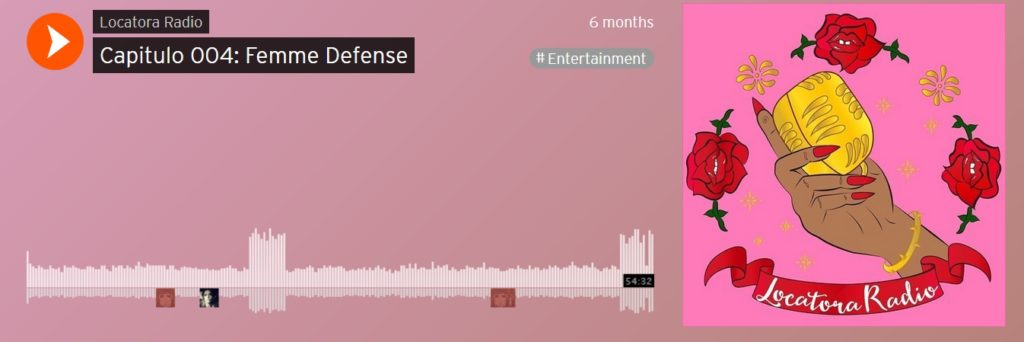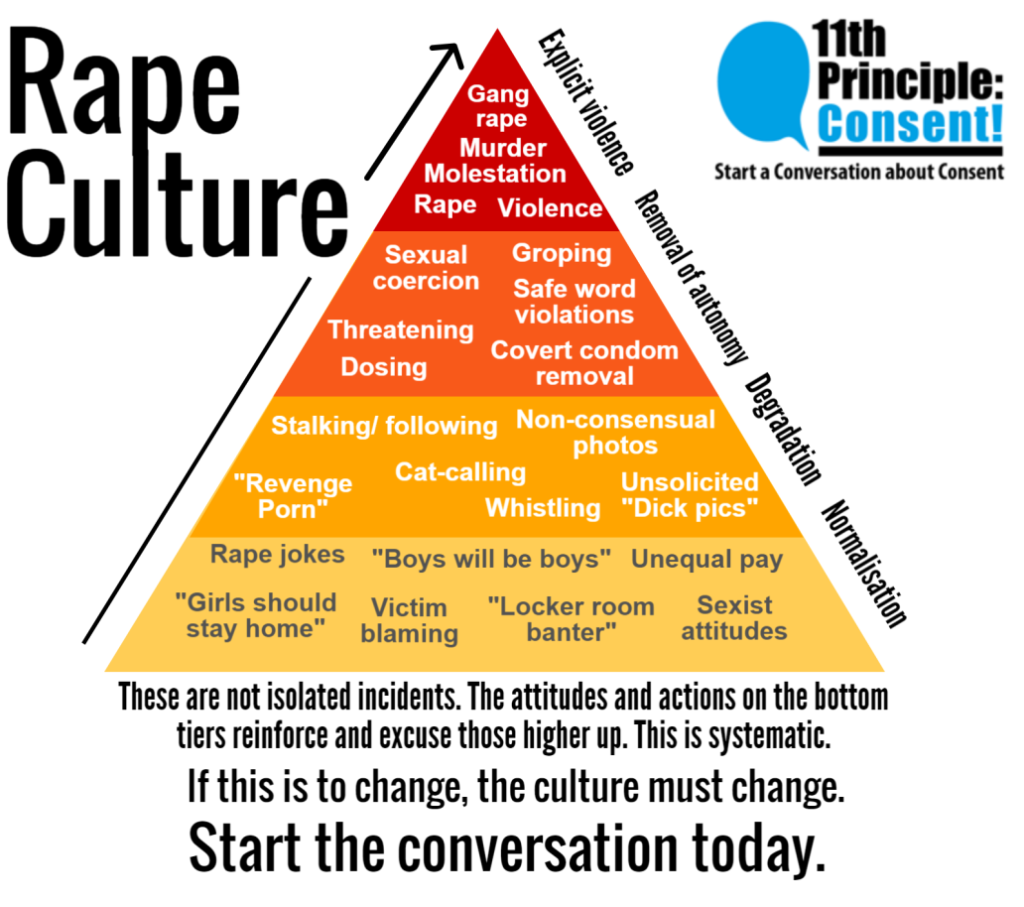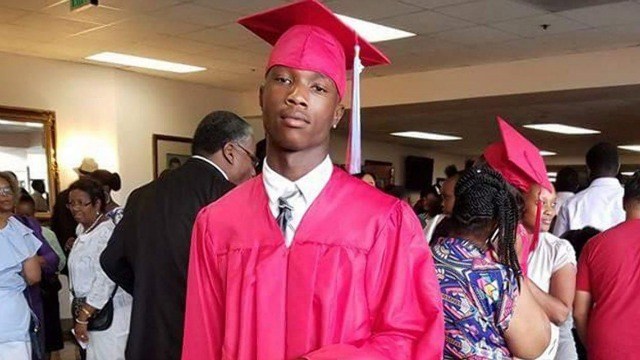I was waiting at the bus stop this morning, when I heard three men cross the street and one of them saying loudly, “I got my eye on the Asian right there (referring to me)”.
I stood my ground and pretended not to hear. When they got closer, the one who spoke out loud sat down on the bench behind me and starting saying “hi” and “hello” to me. I continued to ignore them. Then the man said, “What is it with you Asian women?” and “Look like she got some shrimp fried rice in her bag”.
At this point my heart was beating and I was thinking about how I should react. I decided to stay quiet because I didn’t know if me responding could escalate the situation. The guy then said, “I’m going to dump that food all over your boobs.”
Luckily, the bus pulled up then, and the group of guys walked away and I got on my bus.
– YW
Location: S9 bus stop in Silver Spring, Maryland
Need support? Call the toll-free National Street Harassment hotline: 855-897-5910
Share your street harassment story for the blog.
See the book 50 Stories about Stopping Street Harassers for ideas.

 I like to walk and when the warmer weather hits, I go for walks as part of my self-care routine. I also walk to work and during work. As a domestic violence and sexual assault advocate, I sometimes have to respond to calls at our local services center or hospitals so I usually walk to these places to avoid wasting time looking for parking.
I like to walk and when the warmer weather hits, I go for walks as part of my self-care routine. I also walk to work and during work. As a domestic violence and sexual assault advocate, I sometimes have to respond to calls at our local services center or hospitals so I usually walk to these places to avoid wasting time looking for parking.

